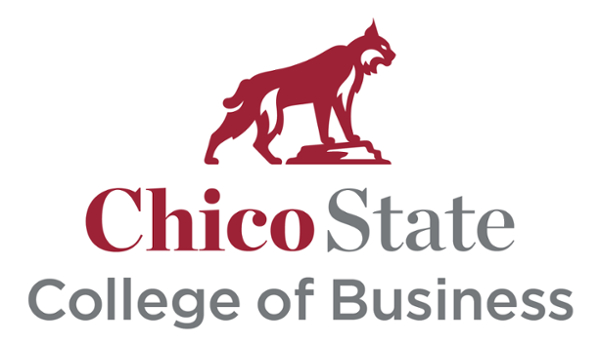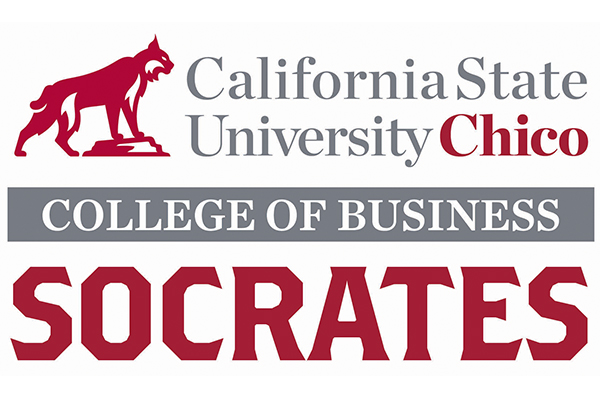
Faculty Engagement
Intellectual Contributions
Our faculty are not only great instructors but also intellectually engaged in their disciplines producing a significant portfolio of intellectual contributions. Over the last five years, our faculty have produced nearly 200 publications, they are listed here (PDF).
Below are just a few profiles of recent publications by our faculty.

Parand Mansouri-Rad, Ph.D.
Business Information Systems
Oil and Gas Exploration and Telemedicine: Cultural Factors in Telemedicine Adoption, Oil, Gas & Energy Quarterly, 2017
Abstract:
The present research investigates the influence of culture on telemedicine adoption and patient information privacy, security, and policy. The results, based on the SEM analysis of the data collected in the United States, demonstrate that culture plays a significant role in telemedicine adoption. The results further show that culture also indirectly influences telemedicine adoption through information security, information privacy, and information policy. Our empirical results further indicate that information security, privacy, and policy impact telemedicine adoption.
P. Mansouri-Rad, M. A. Mahmood, S. E. Thompson and K. Putnam, "Culture Matters: Factors Affecting the Adoption of Telemedicine," 2013 46th Hawaii International Conference on System Sciences, Wailea, HI, USA, 2013, pp. 2515-2524. (http://www.sciencedirect.com/science/article/pii/S2351978915002759(opens in new window))

Qingzhong Ma, Ph.D.
Finance and Marketing
Organizational structure, risk-based capital requirements and the sales of downgraded bonds, Journal of Banking and Finance, 2017
Abstract:
Using bond downgrades as external shocks to life insurers’ asset risk, we document several findings of the impact of organizational structure and risk factors on investment risk-taking. First, we find that mutual insurers and widely-held stock insurers are more likely to sell downgraded bonds than are closely-held stock insurers. Second, we find evidence that insurers are less likely to sell downgraded bonds that remain in the same rating class than bonds downgraded to a lower rating class. The result implies that insurers sell downgraded bonds mainly because of additional capital charge is imposed, not because of downgrade itself. In other words, risk factors in risk-based capital regulation do matter on life insurers’ investment risk-taking. Finally, we find that life insurers might be reluctant to sell downgraded bonds at fire-sale prices during the 2008–2009 financial crisis.
Erin P. Lu, Gene C. Lai, Qingzhong Ma, Organizational structure, risk-based capital requirements, and the sales of downgraded bonds, Journal of Banking & Finance, Volume 74, January 2017, Pages 51-68, ISSN 0378-4266, https://doi.org/10.1016/j.jbankfin.2016.10.003. (http://www.sciencedirect.com/science/article/pii/S0378426616301741(opens in new window))

Gary Braun, Ph.D.
Accounting
Interpretation of probability expressions in accounting: the effects of frame switching, Journal of International Accounting, Auditing and Taxation, 2016
Abstract:
We report the results of an experiment that examines the interpretation of probability expressions included in the International Financial Reporting Standards by bicultural individuals. In particular, we examine the impact of a phenomenon known as frame switching, which occurs when the thinking processes of bicultural individuals are influenced by the language they use. We compared the interpretation of participants from two distinct cultures (Americans and Mexicans) and from participants who share both cultures (Mexican-Americans). We find, consistent with the expected effects of frame switching, that the interpretations of probability expressions by Mexican-Americans were influenced by the language in which they read the standards. The responses of Mexican-Americans reading the standards in Spanish tended toward those of Mexicans; whereas the responses of Mexican-Americans reading the standards in English tended toward the interpretations of Americans.
Esperanza Huerta, Yanira Petrides, Gary P. Braun, Interpretation of probability expressions in accounting: The effects of frame switching, Journal of International Accounting, Auditing and Taxation, Volume 27, 2016, Pages 1-12, ISSN 1061-9518, http://dx.doi.org/10.1016/j.intaccaudtax.2016.06.001. (http://www.sciencedirect.com/science/article/pii/S1061951816300167(opens in new window))

Ghadir Ishqaidef, Ph.D.
Management
Group rewards, group composition and information sharing: A motivated information processing perspective, Organizational Behavior and Human Decision Processes, 2016
Abstract:
Invoking the Motivated Information Processing in Groups (MIP-G) model, we argue that group performance-based pay plays a dual role in stimulating both epistemic and prosocial motivation. We experimentally examine the effects of group incentives on information sharing both directly and as a substitute for personality-based epistemic and prosocial motivators. Results support a relationship between group performance-based pay and increased dispersed information sharing. The interaction effects of pay conditions and group composition provide additional support for a dual role for group-based pay. For groups low in openness-to-experience, pay based on group-performance enhances dispersed information-sharing. For groups low in agreeableness, a group pay-for-performance condition leads to more time in discussion which leads to greater sharing of dispersed information. Finally, through effects on discussion time and information sharing, group performance-based rewards increase task performance. By explicating the role of group rewards on information sharing, our study contributes to the MIP-G and decision-making literatures.
Janice Francis Super, Pingshu Li, Ghadir Ishqaidef, James P. Guthrie, Group rewards, group composition and information sharing: A motivated information processing perspective, Organizational Behavior and Human Decision Processes, Volume 134, 2016, Pages 31-44, ISSN 0749-5978, http://dx.doi.org/10.1016/j.obhdp.2016.04.002. (http://www.sciencedirect.com/science/article/pii/S0749597816302084(opens in new window))
Involvement with their Professions
Faculty have direct involvement with the practice of business through consulting activities, serving on Board of Directors, and engagement, networking, and broadening of their knowledge in their fields through their participation in a variety of professional organizations.

Angela Casler
Executive Director and Founder, Sustainable Management Association
The Sustainability Management Association (SMA) brings professionals together from diverse business industries, governmental and nonprofit professionals with the purpose of educating professionals on how to manage sustainability in any type of organization. The SMA's mission is to help professionals learn how to effectively manage sustainability, to drive economic performance, and create stakeholder value through social responsibility and environmental stewardship.

Bonnie Persons, J.D.
Executive Board Member and former President The Western Academy of Legal Studies in Business
The Western Academy of Legal Studies in Business serves the law and business interests of academics and practitioners throughout the Western region, as well as across the nation and around the world. The organization hosts an annual conference in Monterey, California, bringing together practitioners and academics on a global scale.

More Information
Business Student Advising
530-898-4480
Degree Programs
MBA Program
businessadvisor@csuchico.edu
Dean’s Office
530-898-6272
bus@csuchico.edu
Giving Questions
Dean's Office
530-898-6272
bus@csuchico.edu
Accessibility Information
Persons with disabilities who need accommodations or have questions about physical access may call the program sponsoring the event or call Accessibility Resource Center at 530-898-5959.


